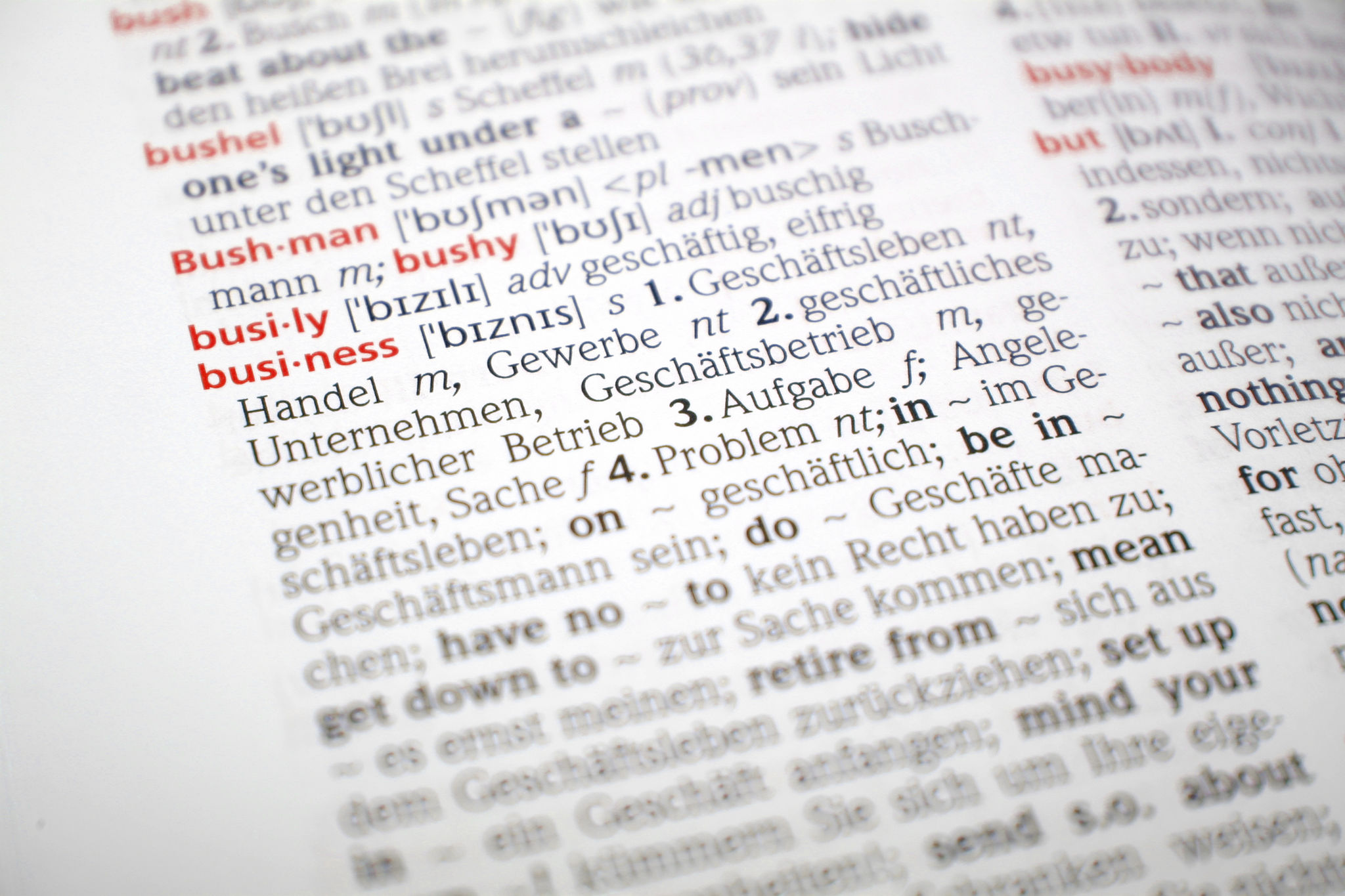Preparing for a Court Case: The Importance of Accurate Translations
In today's globalized world, legal proceedings often involve individuals from diverse linguistic backgrounds. Ensuring that everyone involved in a court case can fully understand and participate in the proceedings is crucial for fairness and justice. This is where accurate translations come into play. Having precise translations of legal documents and proceedings is essential to uphold the rights of all parties involved.
When preparing for a court case, the importance of accurate translations cannot be overstated. Misinterpretations or mistranslations can lead to misunderstandings, misrepresentation of facts, and even wrongful judgments. Therefore, investing in high-quality translation services is not just beneficial but necessary for the integrity of the legal process.

The Role of Translators in Legal Proceedings
Professional translators play a critical role in the legal system by providing accurate translations of documents and interpretations during court proceedings. Their expertise ensures that all parties, regardless of their native language, have equal access to legal information and can effectively present their cases. Translators must possess not only linguistic skills but also a deep understanding of legal terminology and concepts.
In many jurisdictions, courts require certified translators to handle legal documents. This certification guarantees that the translator has met specific standards of proficiency and ethics, ensuring that their translations are both accurate and reliable. By using certified translators, legal professionals can trust that the information being presented is faithful to the original text.
Common Challenges in Legal Translation
Legal translation is a complex process that presents several unique challenges. One major challenge is the need to maintain the original meaning and intent of the legal text while adapting it to another language. Legal texts often contain specialized terminology and nuanced language that must be carefully preserved in translation.

Another challenge is the potential for ambiguity in legal language. Translators must be adept at identifying and resolving ambiguities to prevent misinterpretations that could affect the outcome of a case. This requires not only language skills but also an understanding of the legal systems involved.
Steps to Ensure Accurate Translations
To ensure accurate translations, legal professionals should follow a few key steps:
- Hire certified translators with expertise in legal translation.
- Provide translators with all necessary context and background information.
- Review translated documents thoroughly for accuracy and consistency.
- Use technology wisely to aid but not replace professional human translators.
By following these steps, you can minimize errors and ensure that translations are as accurate as possible, safeguarding the fairness of the legal process.

The Impact of Inaccurate Translations
Inaccurate translations can have dire consequences in court cases. Misinterpretations can lead to the misrepresentation of evidence or arguments, potentially resulting in unjust outcomes. In some cases, errors in translation might even violate an individual's right to a fair trial, leading to appeals or retrials that could have been avoided with proper translation services.
Given these potential consequences, the investment in accurate translations is not just a matter of convenience but a fundamental aspect of ensuring justice and equity in legal proceedings. By prioritizing high-quality translations, you can contribute to a more just and effective legal system.